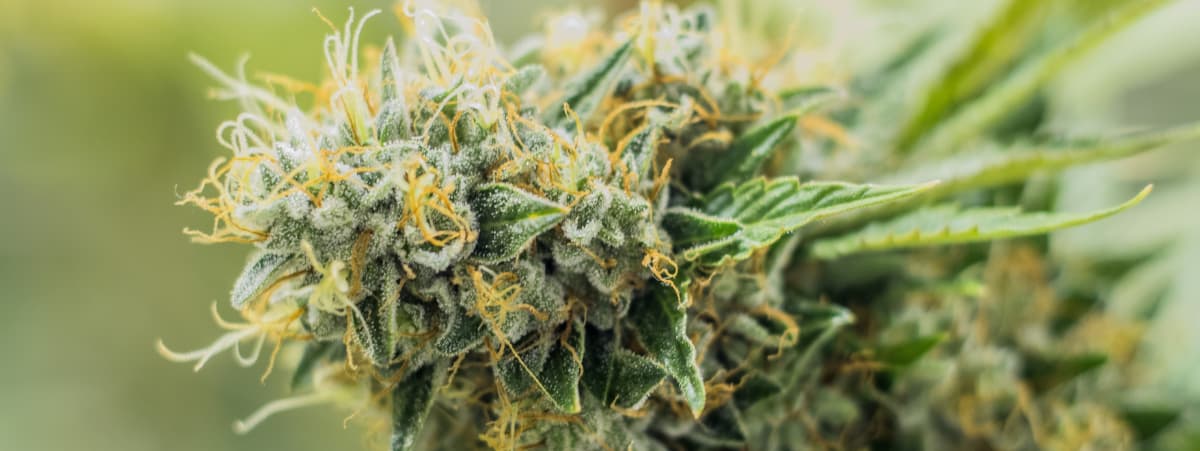
In the pursuit of sustainable solutions to combat climate change, an unexpected hero has emerged: industrial hemp.
This versatile and eco-friendly crop has not only demonstrated the capacity to absorb more carbon dioxide (CO2) per hectare than vast forests or conventional crops but also boasts several other eco-conscious applications. Its remarkable potential as a carbon sink, however, is just the beginning of the incredible journey of this unassuming plant.
The Remarkable Carbon-Capturing Abilities of Hemp
Hemp’s carbon-capturing capabilities are impressive. Unlike other agricultural crops or trees, the CO2 absorbed by industrial hemp is locked within its fibers, which are used in a diverse range of applications. From textiles and paper to construction materials, this plant is making significant strides in the global effort to reduce carbon emissions.
Perhaps one of the most intriguing applications of industrial hemp is its use in automotive manufacturing. In Germany, the automotive giant BMW has turned to hemp as a sustainable and renewable alternative to plastics in car construction. This adoption is significant, as it helps reduce our dependence on oil-based materials and contributes to a more sustainable automotive industry.
Crucially, industrial hemp’s renewability aligns with the permanence criteria outlined by the Kyoto Protocol. It is important to clarify that industrial hemp is not the same as marijuana. This versatile plant is primarily cultivated for its soft fibers, and it contains only trace amounts of the psychoactive chemical THC (Tetrahydrocannabinol). Thanks to advancements in agriculture, hemp is now grown with long fibers in dense plantations, significantly enhancing its biomass and carbon-capturing potential.
Hemp as a Self-Offsetting Crop
In contrast to the environmental impact of traditional farming, industrial hemp stands out as a self-offsetting crop. To put it in perspective, the United Kingdom’s farming sector emits a total CO2 equivalent of 57 million tonnes in greenhouse gasses, covering 18.5 million hectares of agricultural land. This translates to an average of roughly 3.1 tonnes of CO2 per hectare in total embodied emissions. Hemp cultivation, with its minimal use of fertilizers and complete avoidance of pesticides and herbicides, results in substantially lower carbon emissions than the agricultural average. Furthermore, the organic matter left in the soil by hemp farming roughly offsets the emissions from cultivation and management.
- SEO Powered Content & PR Distribution. Get Amplified Today.
- PlatoData.Network Vertical Generative Ai. Empower Yourself. Access Here.
- PlatoAiStream. Web3 Intelligence. Knowledge Amplified. Access Here.
- PlatoESG. Carbon, CleanTech, Energy, Environment, Solar, Waste Management. Access Here.
- PlatoHealth. Biotech and Clinical Trials Intelligence. Access Here.
- Source: https://climatetrade.com/the-benefits-of-industrial-hemp-in-carbon-farming/
- :has
- :is
- :not
- 1
- a
- abilities
- Adoption
- advancements
- Agricultural
- agriculture
- Aligns
- also
- alternative
- amounts
- an
- and
- applications
- ARE
- AS
- automotive
- automotive industry
- average
- Beginning
- benefits
- biomass
- BMW
- boasts
- but
- by
- capabilities
- Capacity
- car
- carbon
- carbon dioxide
- carbon emissions
- change
- chemical
- Climate
- Climate change
- co2
- combat
- complete
- construction
- contains
- contrast
- contributes
- conventional
- covering
- criteria
- crop
- crops
- cultivation
- demonstrated
- dense
- dependence
- diverse
- Eco-conscious
- Eco-friendly
- effort
- emerged
- Emissions
- enhancing
- environmental
- Equivalent
- farming
- fibers
- For
- from
- Furthermore
- Germany
- giant
- Global
- grown
- helps
- Hemp
- Hero
- However
- HTTPS
- Impact
- important
- impressive
- in
- incredible
- industrial
- industry
- intriguing
- IT
- ITS
- journey
- jpg
- just
- Kyoto Protocol
- Land
- left
- locked
- Long
- lower
- Making
- management
- manufacturing
- marijuana
- materials
- Matter
- million
- minimal
- more
- most
- now
- of
- offsets
- on
- ONE
- only
- or
- organic
- Other
- our
- out
- outlined
- Paper
- per
- perspective
- plant
- plastics
- plato
- Plato Data Intelligence
- PlatoData
- potential
- primarily
- protocol
- pursuit
- put
- range
- reduce
- remarkable
- Renewable
- Results
- roughly
- same
- sector
- several
- significant
- significantly
- Soft
- soil
- Solutions
- stands
- strides
- substantially
- sustainable
- tetrahydrocannabinol
- textiles
- than
- thanks
- that
- THC
- The
- this
- to
- Total
- trace
- traditional
- Trees
- Turned
- Unexpected
- United
- unlike
- use
- used
- Vast
- versatile
- which
- with
- within
- zephyrnet












